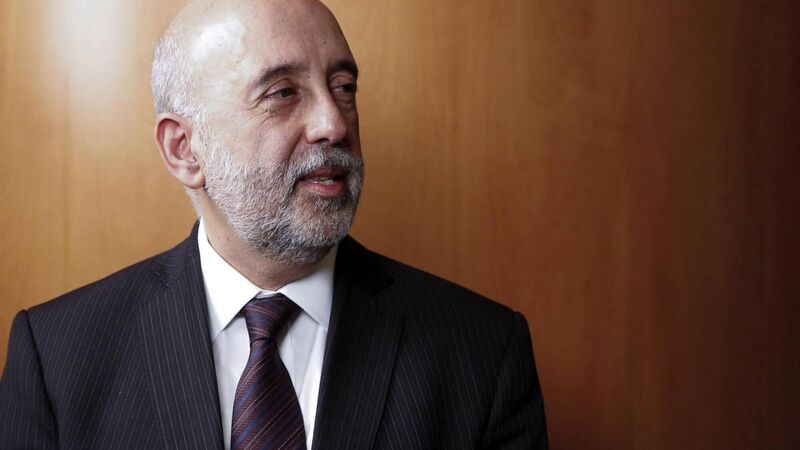Makhlouf: Central Banks have lost a 'degree of trust' with the wider public

Central Bank governor Gabriel Makhlouf said more should be done to explain decisions to the public. Picture: Vivek Prakash/Bloomberg
Central banks have lost a “degree of trust” with the general public due to not explaining properly their reasons for certain decisions, such as rising interest rates, governor of the Central Bank of Ireland Gabriel Makhlouf has said.
Since July last year, the European Central Bank (ECB) has raised interest rates by 3.75%, with more hikes expected in the coming months. Mr Makhlouf is also a governing council member of the ECB.











